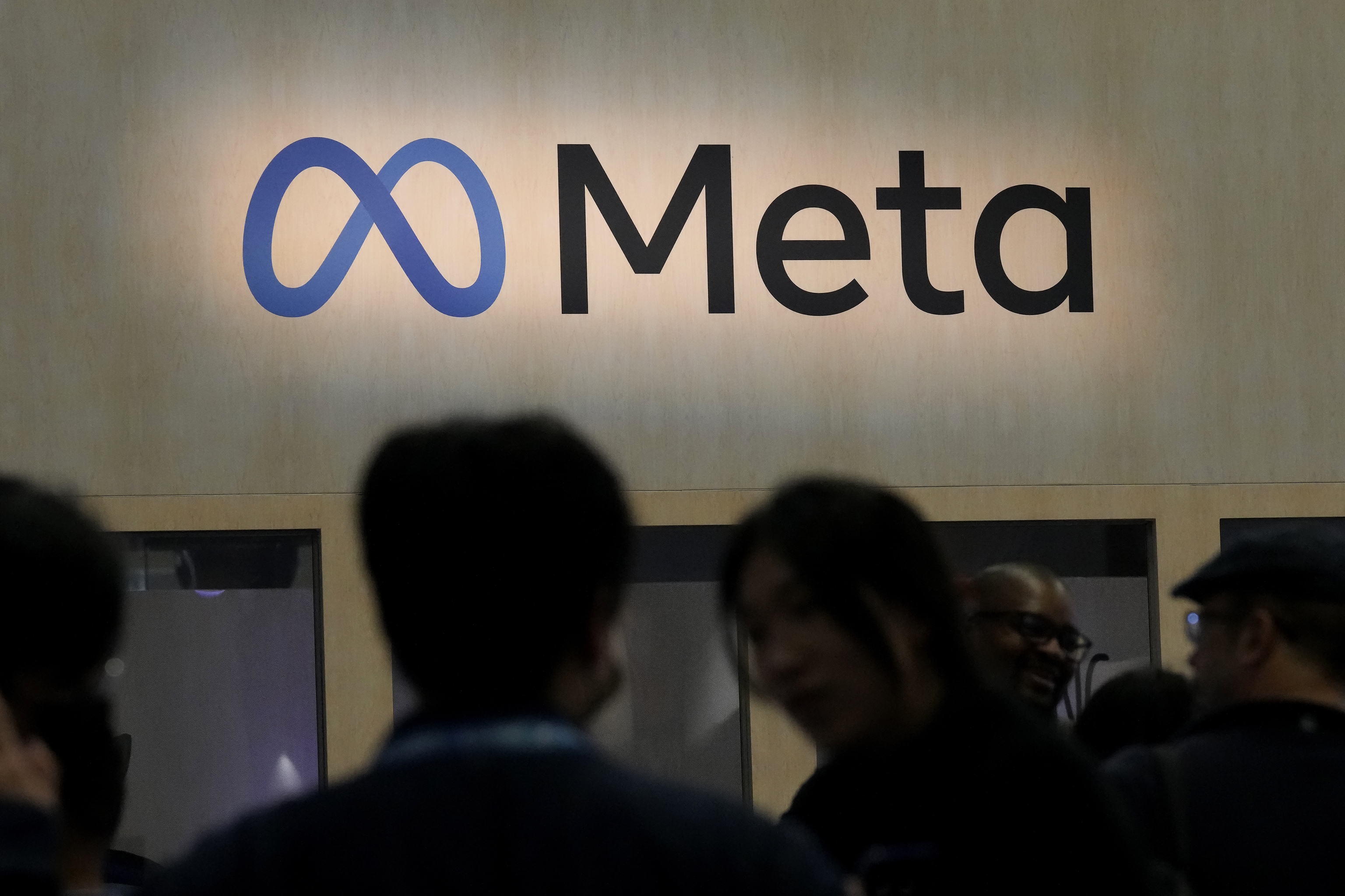It's Meta AI, and it's here to help, at least according to Meta Platforms' CEO Mark Zuckerberg, who calls it "the most intelligent AI assistant that you can freely use."
The chatbot can recommend local restaurants, offer more information on something you see in a Facebook post, search for airline flights or generate images in the blink of an eye. If you're chatting with friends to plan a night out, you can invite it into your group conversation by typing @MetaAI, then ask it to recommend, say, cocktail bars.
Meta's AI tool has been integrated into chat boxes and search bars throughout the tech giant's platforms. The assistant appears, for example, at the top of your chat list on Messenger. Ask it questions about anything or to "imagine" something and it will generate a picture or animation.
As with any new technology, there are, of course, hiccups, including bizarre exchanges when the chatbots first started engaging with real people. One joined a Facebook moms' group to talk about its gifted child. Another tried to give away nonexistent items to confused members of a Buy Nothing forum.
Meta AI hasn't been universally welcomed. Here are some tips if you want to avoid using it:
Some Facebook users don't like the chatbot, complaining in online forums that they're tired of having AI foisted on them all the time or that they just want to stick with what they know. So what if you don't want Meta AI butting in every time you search for something or scroll through your social feeds? Well, you might need a time machine. Meta and other tech companies are in an AI arms race, churning out new language models and persuading — some might say pressuring — the public to use them.
The bad news is there's no one button to turn off Meta AI on Facebook, Instagram, Messenger or WhatsApp. However, if you want to limit it, there are some (imperfect) workarounds.
On the Facebook mobile app, tap the "search" button. You may get a prompt to "Ask Meta AI anything." Tap the blue triangle on the right, then the blue circle with an "i" inside it. Here, you'll see a "mute" button, with options to silence the chatbot for 15 minutes or longer, or "Until I change it." You can do the same on Instagram.
Nonetheless, muting doesn't get rid of Meta AI completely. Meta AI's circle logo might still appear where the search magnifying glass used to be — and tapping on it will take you to the Meta AI field. This is now the new way to search in Meta, and just as with Google's AI summaries, the responses will be generated by AI.
I asked the chatbot about searching Facebook without Meta AI results.
"Meta AI aims to be a helpful assistant and is in the search bar to assist with your questions," it responded. Then it added, "You can't disable it from this experience, but you can tap the search button after writing your query and search how you normally would."
Then I asked a (human) Meta spokesperson.
"You can search how you normally would and choose to engage with a variety of results — ones from Meta AI or others that appear as you type," the spokesperson said in a statement. "And when interacting with Meta AI, you have access to real-time information without having to leave the app you're using thanks to our search partnerships."
Like an over-eager personal assistant, Meta AI also pops up under posts on your Facebook news feed, offering more information about what's discussed in the post — such as the subject of a news article. It's not possible to disable this feature, so you'll just have to ignore it.
Tech websites have noted that one surefire way to avoid Facebook's AI assistant is to use the social network's stripped-down mobile site, mbasic.facebook.com. It's aimed at people in developing countries using older phones on slower internet connections. The basic site has a retro feel that looks crude compared to the current version, and it looks even worse on desktop browsers, but it still works on a rudimentary level and without AI.
Meta AI is so far only available in the United States and 13 other countries including Australia, Canada, Ghana, Jamaica, Malawi, New Zealand, Nigeria, Pakistan, Singapore, South Africa, Uganda, Zambia and Zimbabwe. So if you don't live in any of those places, you don't have to worry about the chatbot because you don't get to use it. At least not yet.
